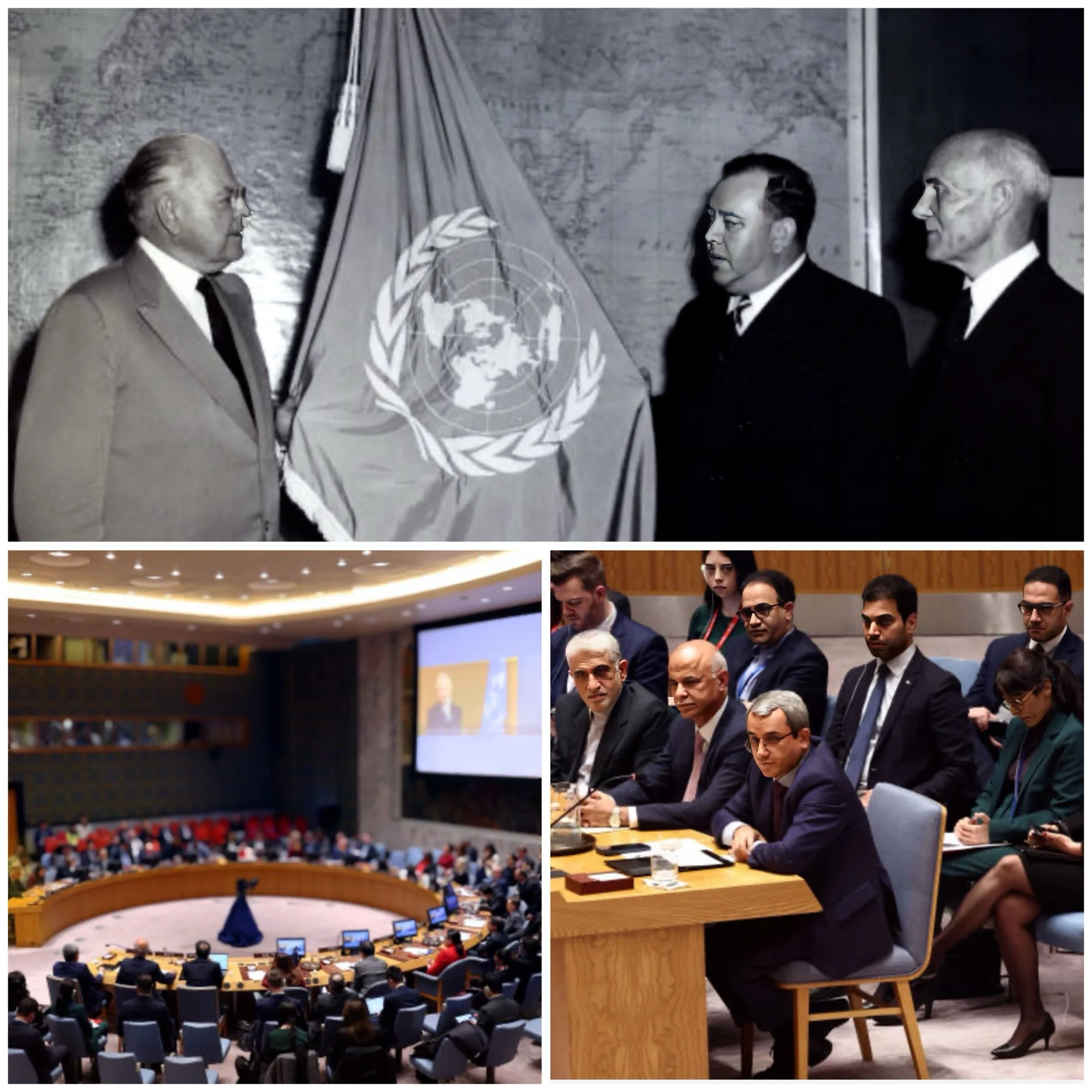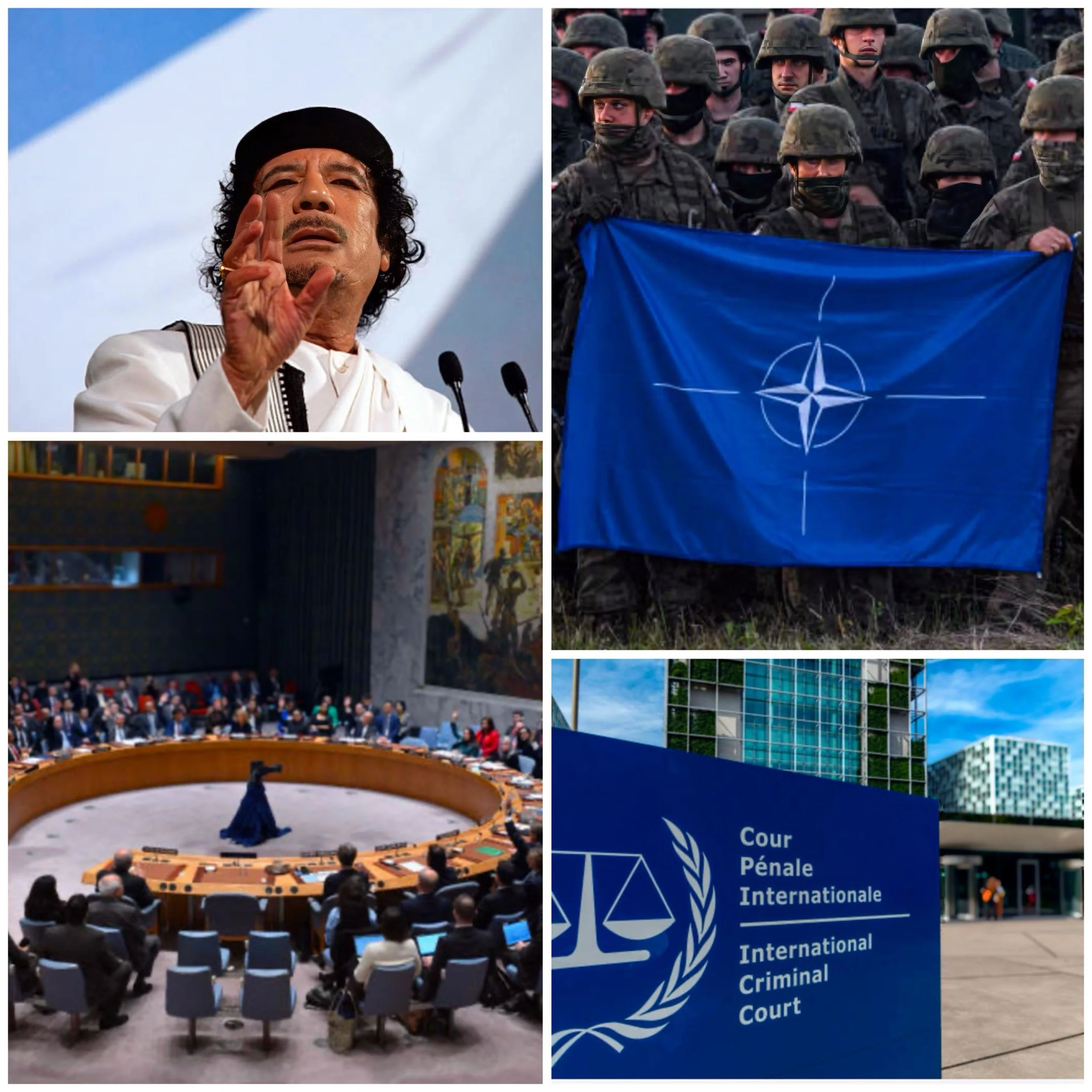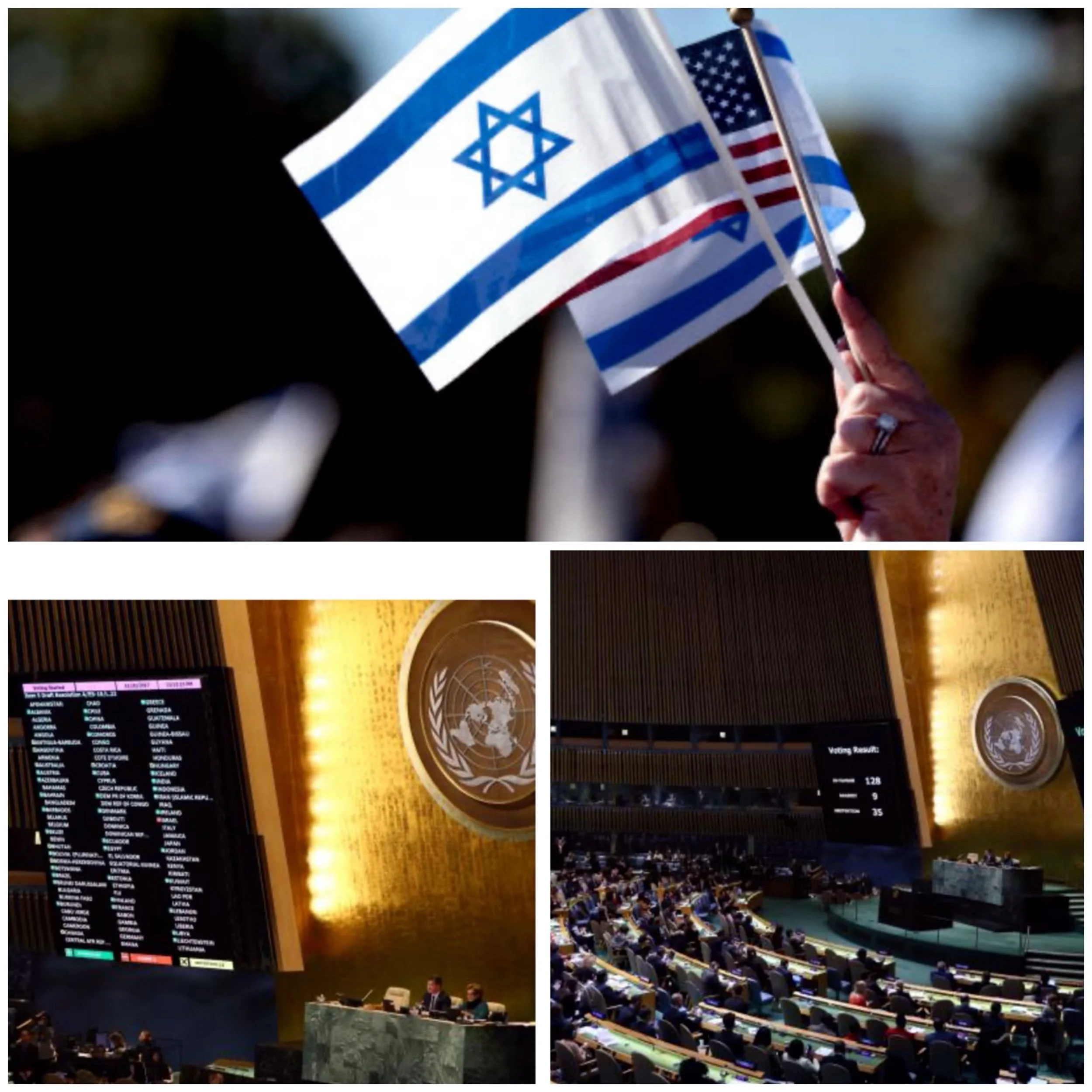What is role of UN Security Council
Introduction
The United Nations Security Council (UNSC) is one of the six principal organs of the United Nations, charged with the primary responsibility of maintaining international peace and security. Established under the UN Charter, it is widely regarded as the most powerful body within the United Nations due to its authority to make binding decisions that all UN member states are obligated to accept and implement.
Structure and Composition
The Security Council consists of 15 members
Five Permanent Members: China, France, Russia, the United Kingdom, and the United States
Ten Non-Permanent Members: Elected by the UN General Assembly for two-year terms
The presidency of the Council rotates among its members, with each holding the position for one month.
Powers and Responsibilities
The Security Council has a wide range of powers to fulfill its mandate
Peaceful Resolution
It can investigate disputes, recommend peaceful methods for settling conflicts, and set forth principles for such agreements.
Enforcement Measure
When peaceful means are inadequate, the Council can:
Impose economic sanctions, arms embargoes, and travel bans
Authorize military action
Establish peacekeeping operations
Membership and Leadership: The Council recommends new member states for admission to the UN and recommends candidates for the position of Secretary-General to the General Assembly.
Decision-Making Process
Decisions on substantive matters require nine affirmative votes, including the concurring votes of all five permanent members. This gives the permanent members veto power, allowing them to block resolutions even if they have majority support.
Challenges and Criticisms
Despite its crucial role, the Security Council faces several challenges:
Representation
Critics argue that the Council’s composition does not adequately represent the current global power structure or many regions of the world.
Veto Power
The increasing use of veto power by permanent members has sometimes hindered the Council’s ability to respond effectively to international crises.
Conclusion
The UN Security Council remains a vital forum for international diplomacy and conflict resolution, playing a central role in addressing threats to global peace and security.






